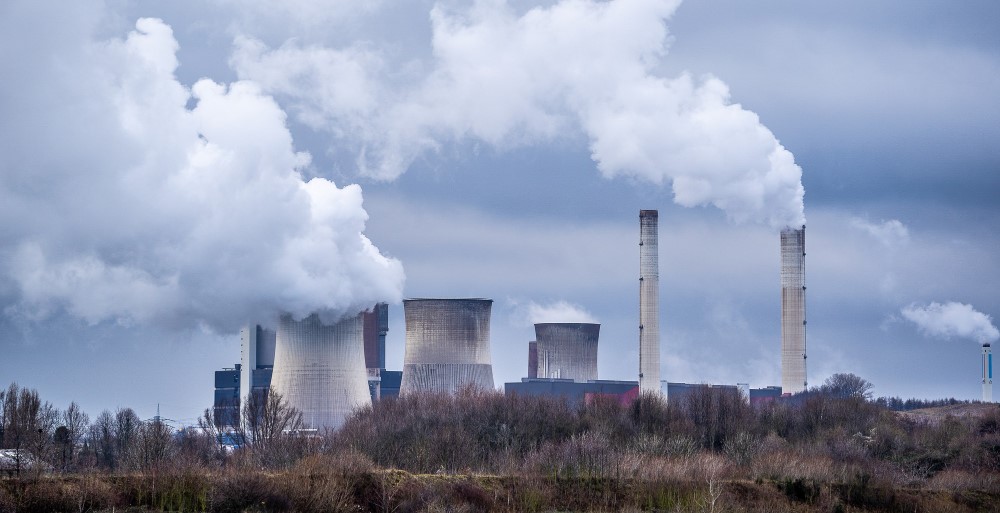Pérez, T., Vergara, S. E., & Silver, W. L. (2023). Assessing the climate change mitigation potential from food waste composting. Scientific Reports, 13, Article 7608.
https://www.compostmagazine.com/how-composting-reduces-carbon-emissions/
A study in “Nature” emphasizes the role of composting in reducing climate change impacts. With over a third of human food waste contributing to emissions in landfills, composting offers a sustainable alternative. The U.S. alone faces 73 to 152 million metric tons of emissions yearly from food waste, mostly due to methane production during anaerobic decomposition in landfills.
The study shows that composting can significantly lower emissions compared to landfill decomposition, reducing methane emissions by 38-84%. Composting benefits agriculture by potentially replacing high-emission fertilizers and aiding in soil carbon sequestration.
Optimizing the composting process is essential. Regular turning of compost piles prevents anaerobic conditions, and managing moisture levels is crucial to avoid methane spikes. Dr. Perez advises maintaining aerobic conditions in home composting, through regular turning and monitoring moisture levels.
Composting is not only beneficial for soil health but also crucial for environmental protection. It can be promoted through composting programs and personal composting efforts. The study suggests that global implementation of composting could significantly reduce greenhouse gas emissions. Home composters are encouraged to follow the U.S. EPA food recovery hierarchy, focusing on waste prevention and diversion. In essence, composting is an effective method to mitigate the food waste problem and its environmental consequences.
Discover the future of waste management with composting free technology
Handling organic waste properly can be challenging due to the unpleasant smell and dirty water produced during the composting process. Despite the availability of various composting technologies and equipment in the market, time and pollution remain significant concerns. However, a novel technology that combines patented equipment and enzymes offers a potential solution. This innovative approach can convert organic waste into fertilizer in just a few hours, and most importantly, without causing pollution.
Learn more


 中文 (台灣)
中文 (台灣) Bahasa Indonesia
Bahasa Indonesia Tiếng Việt
Tiếng Việt Bahasa Melayu
Bahasa Melayu Français
Français Español
Español Português
Português